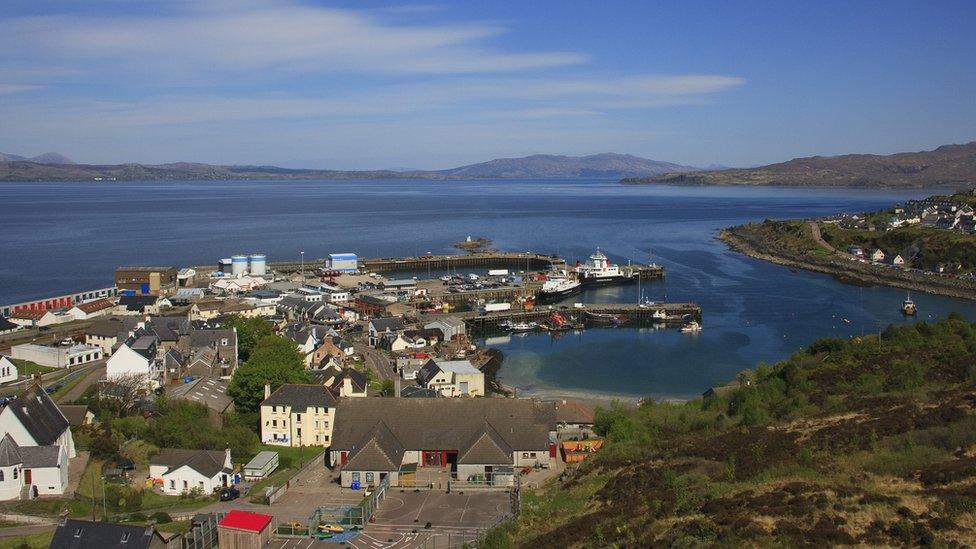Government support necessary for seaweed industry, report says
- Published
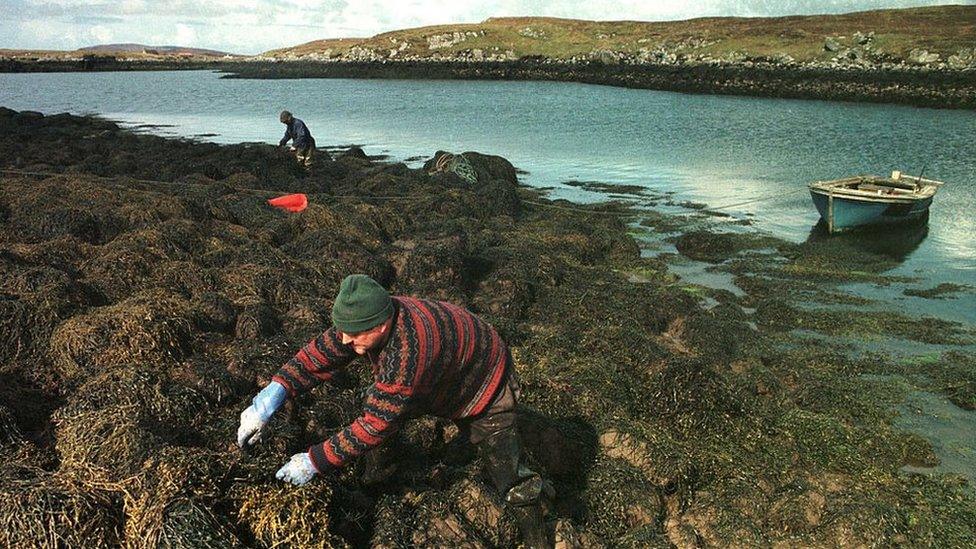
Government subsidy and support will be "necessary" to establish seaweed farming as a new Scottish industry, a report has said.
The seaweed sector currently has an estimated turnover of about £4m per year in Scotland.
The research found that Scotland's seas were "ideal for cultivation of seaweeds such as kelp" but the study warned, external there were major development barriers.
A Scottish government spokesperson said it was working to develop the industry.
The report, published by the Sustainable Inshore Fisheries Trust (Sift), said seaweed farming could create an alternative livelihood interest and that kelp farming was "rapidly expanding".
However, it said new businesses in the sector could face "daunting tasks".
A recent Marine Scotland research paper, external, which contributed to the report, said the seaweed sector was almost entirely based on harvesting wild seaweed and was dominated by small and micro-scale enterprises, providing important local jobs and income, especially in island communities.
As a raw material, seaweeds can be used in human foods, hydrocolloids, animal feed, horticultural products and bio-actives for use in nutraceutical, pharmaceutical and cosmeceutical industries.
The new report calls for the Scottish government to provide funds for kelp farmers to create voluntary "producers organisations" or "farmer-owned processing companies", which would help strengthen their market position and overcome supply chain bottlenecks.
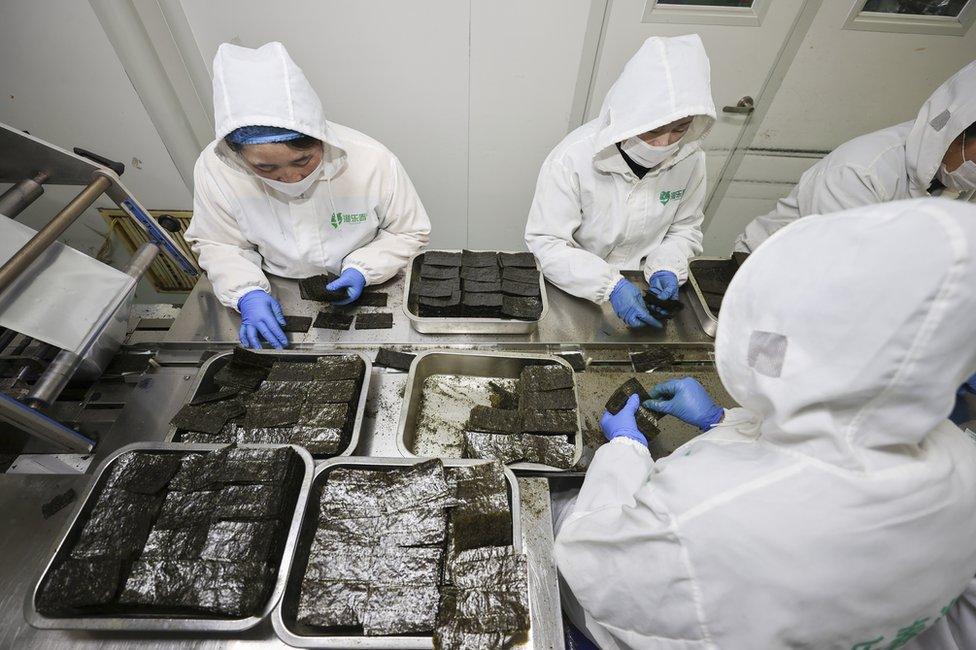
Seaweeds can be used as raw material for multiple end uses
Sift executive director Charles Millar said: "Ministers have a unique opportunity to establish a new and potentially valuable part of Scotland's marine economy, which benefits coastal communities and the coastal environment."
Since 2018, applications have been lodged for seaweed farms covering more than two million square metres of Scottish coastal waters.
Mr Millar added that the "folly of other nations" must not be repeated, either by the over-exploitation of wild stocks or by allowing a "small handful of multi-nationals to dominate", as he said had happened in the salmon farming sector.
The report also identified investment in, and the development of, processing facilities as being key, along with improved organisation and co-operation between kelp farmers.
Mistakes of the past
Dr Kyla Orr, author of the report and one of the founders of KelpCrofting seaweed farming in Skye, said: "The risk is that we repeat the mistakes of the past.
"Too often, proposed new industries, like both salmon farming and the now-abandoned mechanical harvest of wild kelp, have been driven by short-term financial assessments which favour the cheaper projects, irrespective of their consequences."
A Scottish government spokesperson said: "We recently published a report outlining future options for the Scottish seaweed industry, external.
"We aim to work with the sector to articulate a strategic vision for its future and to that end Marine Scotland Directorate is to fund a development post within the industry to support the growth ambitions of the Scottish seaweed sector.
"We will review this new report and take into consideration its findings as we work to ensure that existing and emerging seaweed activities fit into our broader framework for managing multiple uses of the sea, including fishing and renewable energy."
Related topics
- Published21 November 2018
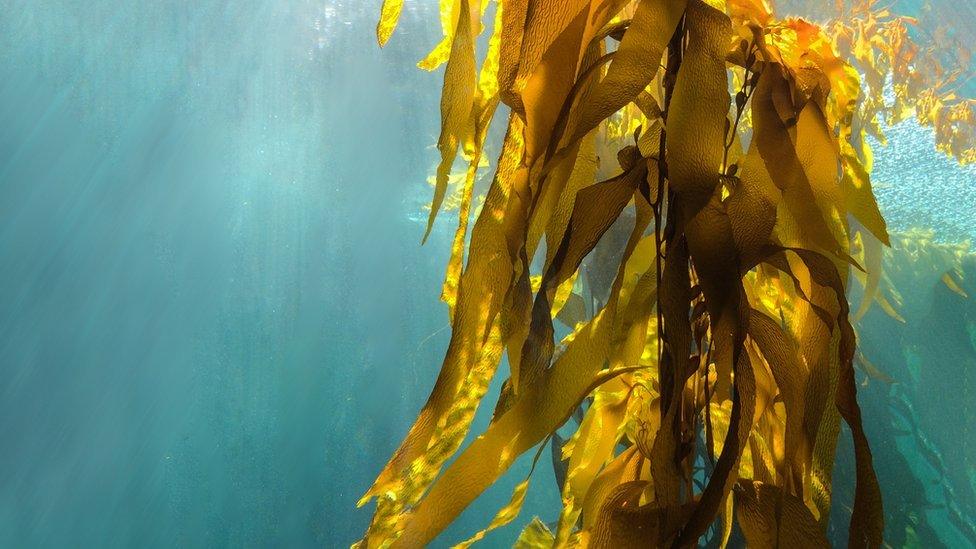
- Published19 November 2018
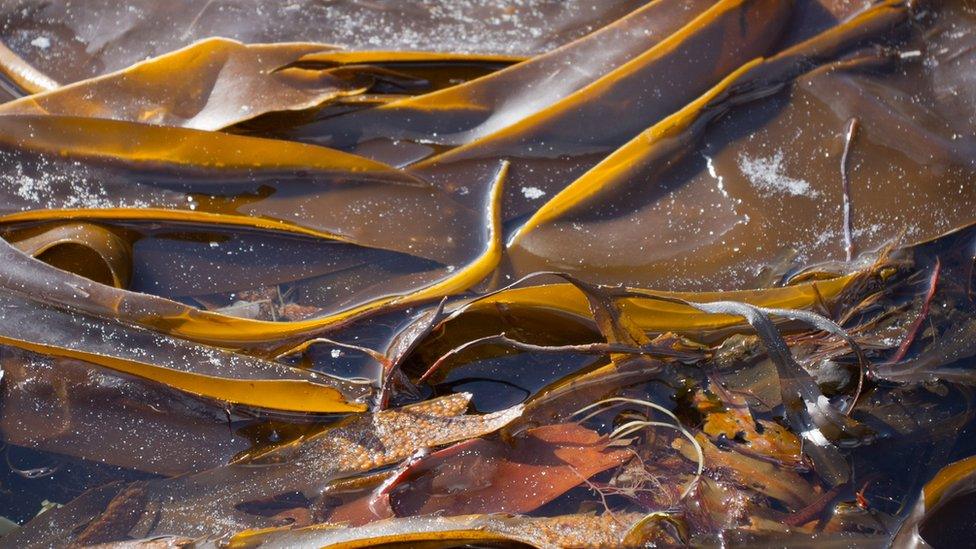
- Published12 September 2018
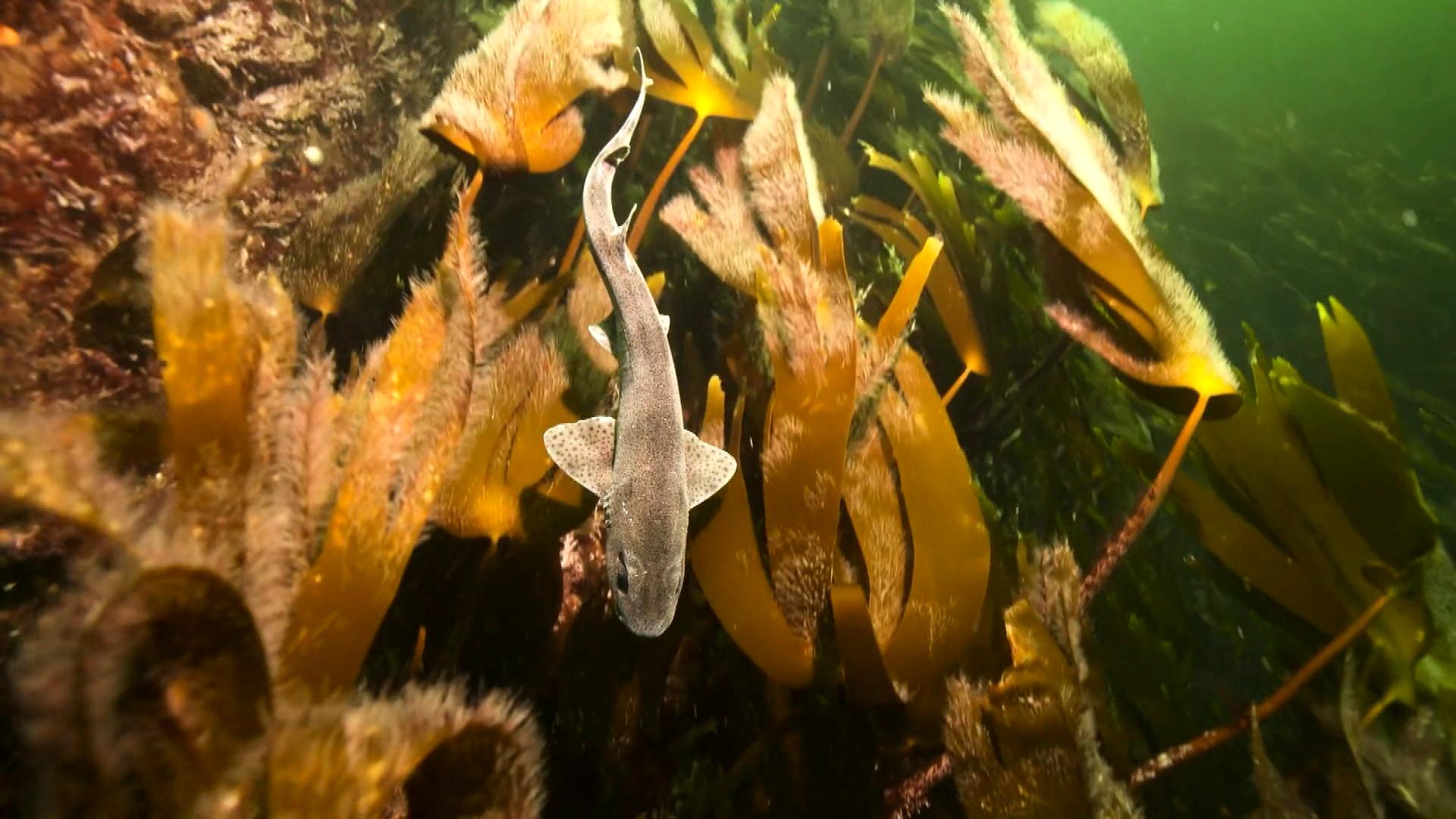
- Published14 August 2018
